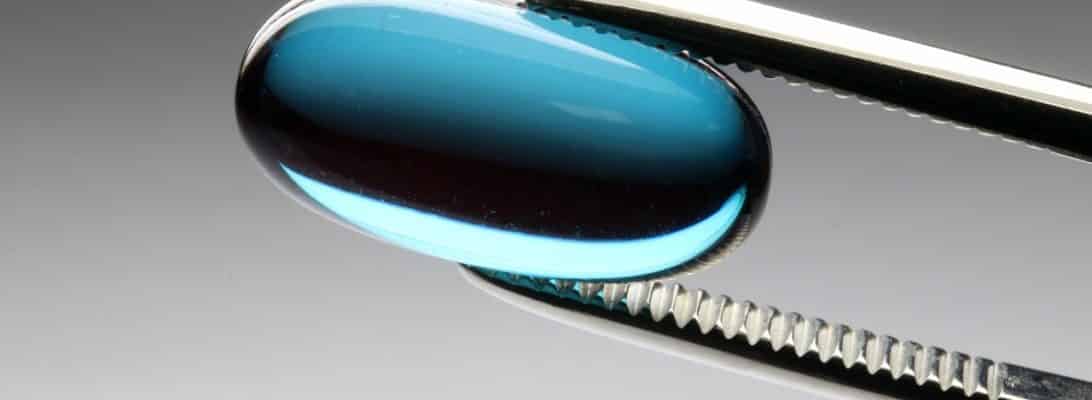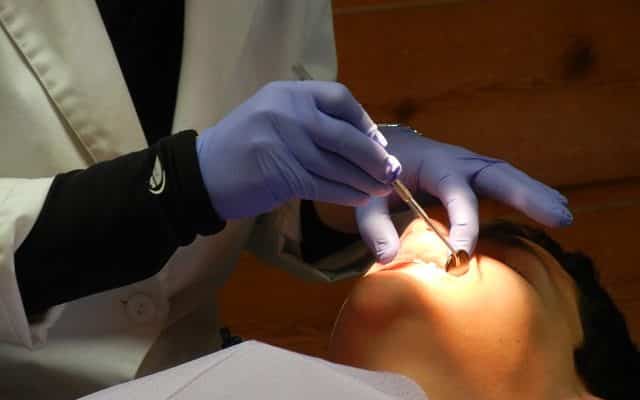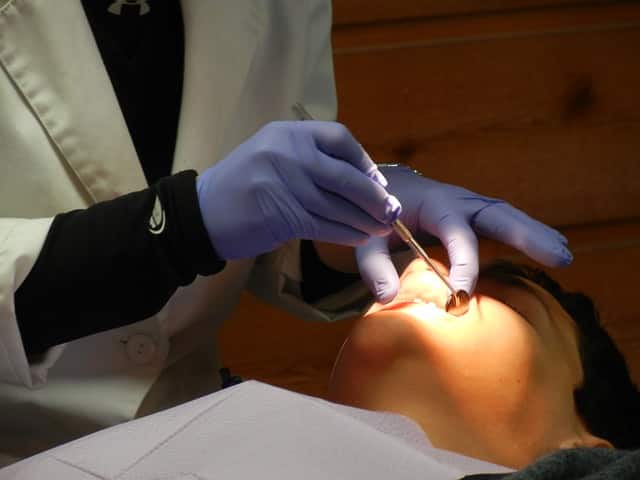The pharmaceutical industry is one of the largest in terms of funding and revenue. It
accounts for over 446 billion dollars in the United States alone. The United
States has 45% of the total production of pharmaceutical products in the world.
Although a widespread and highly profitable industry, pharmaceutical companies
must comply with strict standards in order to obtain a product approval from
the Food & Drug Administration (FDA). This means that in order to thrive,
pharmaceutical companies must have the best roster of researchers,
manufacturers, and equipment.
If you’re someone who wants to explore the field of pharmaceuticals, you may be
wondering about how drugs are developed, produced, and approved. Vilvet Pharmaceutical, a well-known pharmaceutical company, provides this concise
guide of understanding the drug development process along with its main steps.
Understanding the Process of Drug Development: Main Steps
The discovery and development of drugs
The birth of a new drug or an improvement of a present drug encompasses this first step. This is usually done through application of research findings. For example, researchers may have discovered the mechanism of how a disease progresses. This can provide them with new insights on what substances they can combine to attack this mechanism.
On the other hand, researchers can also improve present drugs that may have adverse effects that weren’t discovered previously. At this stage, there are also lab clinical trials that can be held and considered for early testing. If some substances have shown promising effects, these samples are sent for further study.
Some factors to consider when developing a drug are the following:
- The method of absorption
- The dosage
- The frequency of dosage
- Potential side effects and contraindications
- Effectiveness compared to similar drugs
Initial clinical research
The drug discovery and development stage do not involve human clinical trials. For this next stage to be accomplished, there must be an initial clinical research about drug toxicity. The two main types of research at this stage include In Vitro and In Vivo procedures. In Vitro procedures are those done in microorganisms such as cells, bacteria, or virus strains. In Vivo procedures are those done in larger organisms such as animals or plants.
FDA requires that all pharmaceutical companies should comply with good laboratory practices (GLP) while conducting these experiments. These include standards in the following areas:
- facilities
- equipment
- manpower
- protocols
- experiment procedures
When toxicity is determined and deemed safe for human consumption, their
researchers can now proceed to human clinical trials.
Main clinical research
The initial clinical research can provide insight with a drug’s potential side effects on humans, but it cannot replace actual clinical trials conducted on humans.
Thus, the main clinical research must be conducted to prove the actual effects of the drugs towards patients. At this stage, researchers must be able to conduct the following sub-steps:
- Creating a clinical trial procedure
- Conducting clinical research phase studies
- Submitting an Investigational New Drug (IND)
- Looking for FDA assistance
Researchers have the responsibility of crafting the right clinical trial
procedure based on the results of the initial research. This includes factors
on who is eligible for the clinical trial, how much dosage it will be, how long
the studies will last, and what assessments are needed to determine the drug
effectivity.
After this, pharmaceutical companies such as Vilvet Pharmaceutical are required
to submit an Investigational New Drug (IND) while seeking FDA assistance to
complete the phase studies. Most drug testing is done in four phases–the first
phase lasting for months and the last having a duration of up to four years.
The FDA will review the IND submission within 30 days before companies can
start their clinical trials.
FDA review, approval and monitoring
If the clinical trial is successful, the FDA will complete a comprehensive review of the studies published based on the main drug research. Companies are required to submit all details of the drug, including the following:
- Labeling
- Safety precautions
- Drug abuse risks
- Review board compliance
- Usage directions
Members of the review team will look into the submission, while inspectors will
travel on-site to assess the facilities and processes that will be utilized to
manufacture the drug. When all of the standards are met within this stage, the
FDA will provide an approval for distribution.
Additionally, these post-approval drugs will also be constantly monitored by
the FDA for potential safety risks to ensure the highest standard of quality.
As people understand the stages that a drug must go through to get approved, it
is comforting to know that trusted companies such as Vilvet Pharmaceutical do
their best to cater to consumers.














